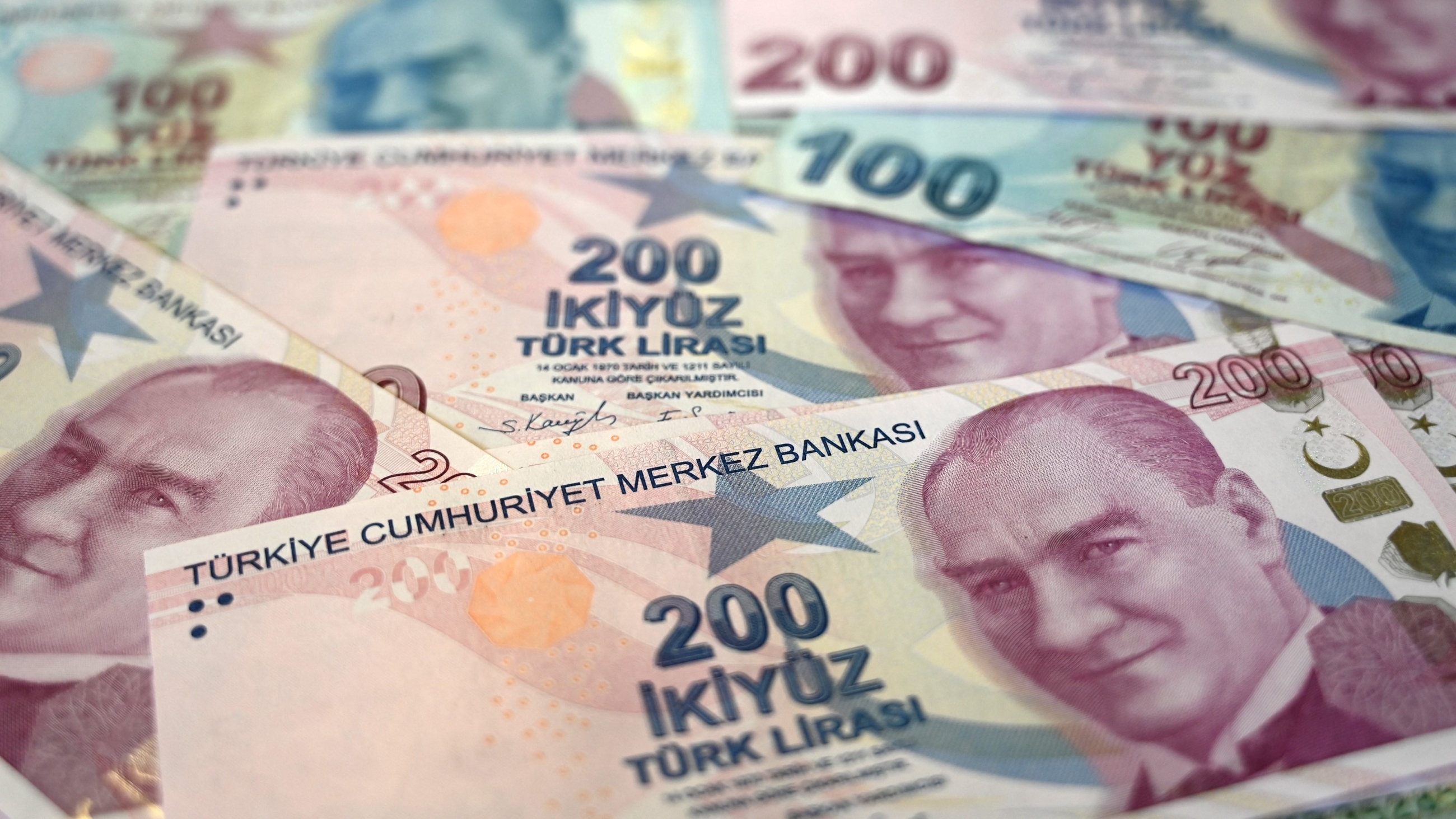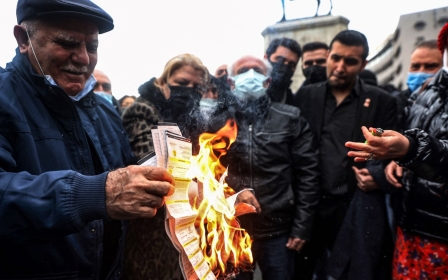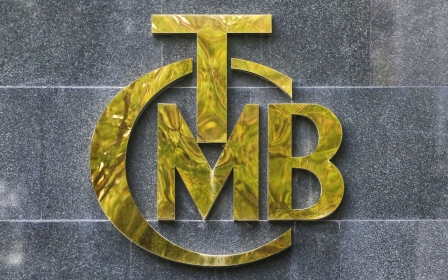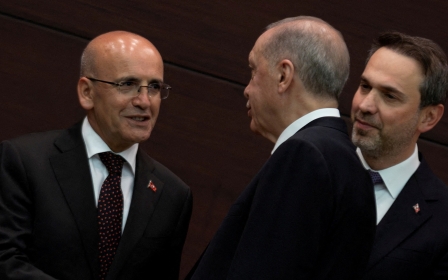Turkey: World Bank agrees to provide $18bn in loans amid economic overhaul

The World Bank has announced it will provide Turkey with an $18bn loan package, as the country moves to revamp its economic model after President Recep Tayyip Erdogan’s re-election in May.
Humberto Lopez, the organisation’s Turkey director, said on Thursday that the money will be directed towards public and private sector activities and will support reconstruction efforts following the devastating earthquake in southwestern Turkey in February, as well as climate change mitigation efforts.
"In addition to our ongoing $17bn programme, new operations worth $18bn will be prepared and presented to the World Bank Group board of directors in the next three years," Lopez told Turkey's Anadolu Agency.
"Taking into account all financing instruments, this amounts to an interim total financial package of approximately $35bn," he added.
Lopez explained that private sector funding might make up two-thirds of the $18bn in loans, which would be made available through direct investments and guarantees, among other means.
New MEE newsletter: Jerusalem Dispatch
Sign up to get the latest insights and analysis on Israel-Palestine, alongside Turkey Unpacked and other MEE newsletters
The World Bank official stated that the new package was a response to the Turkish government’s determination to restore macroeconomic stability.
After May’s election, Erdogan assigned Mehmet Simsek, a former Wall Street banker, as finance minister.
Since then he has reversed course on his unorthodox monetary policies, rallying support behind Simsek and recently appointed Central Bank Governor Hafize Gaye Erkan, who delivered an almost 17 percent benchmark interest rate rise to combat soaring inflation.
For years Erdogan had advocated an approach whereby high interest rates were seen as a cause of inflation rather than a means of tackling it.
Efforts to prop up the lira as a consequence of this policy caused the depletion of Ankara’s foreign currency reserves.
At the time of publication, a dollar buys around 26 liras. In January 2020, the dollar bought just under six liras.
Middle East Eye delivers independent and unrivalled coverage and analysis of the Middle East, North Africa and beyond. To learn more about republishing this content and the associated fees, please fill out this form. More about MEE can be found here.





